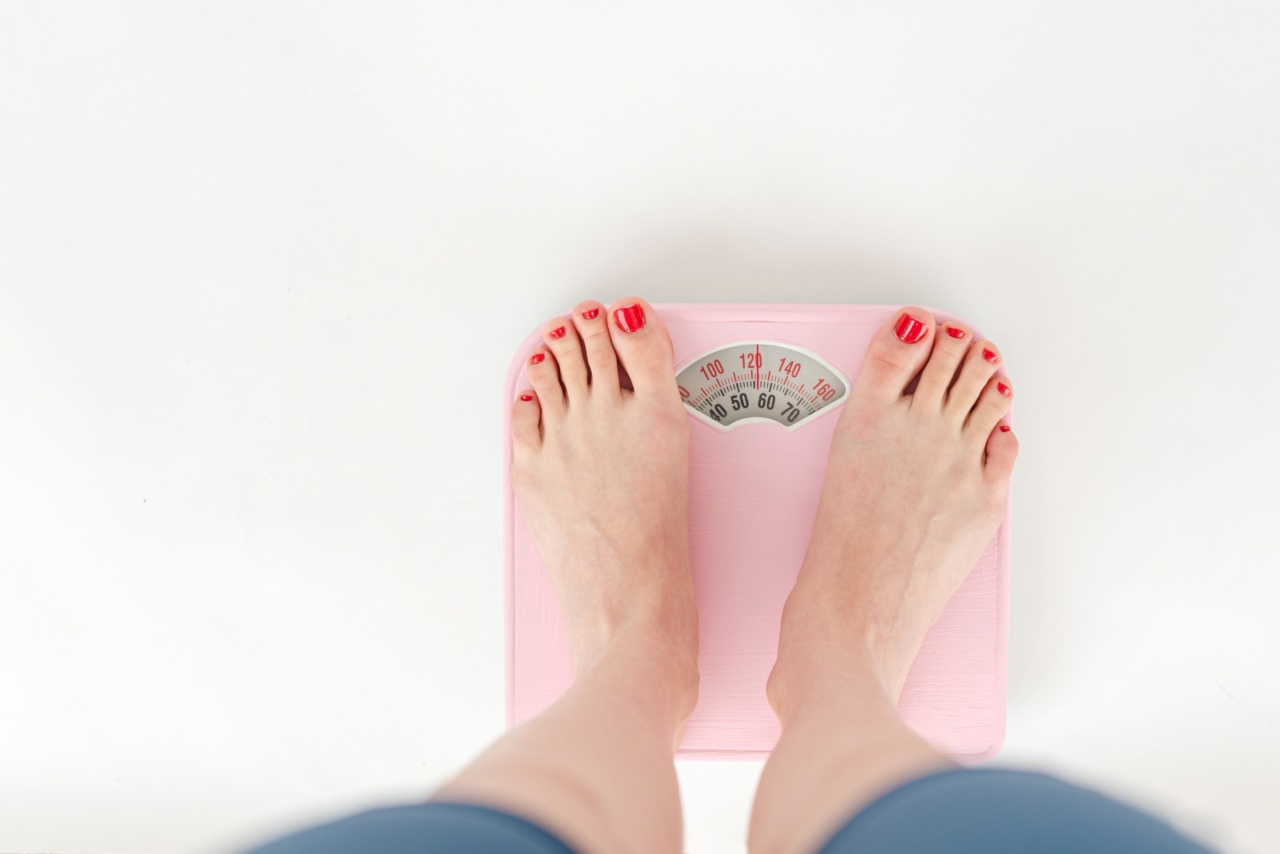Checking your weight on a regular basis is essential to maintaining good health. However, many people don’t know when to weigh themselves, which can lead to confusion and frustration.
In this article, we will explore when you should check your weight and why it’s important.
First Thing in the Morning
The best time to weigh yourself is first thing in the morning, after you have used the bathroom and before you have eaten anything.
This will give you the most accurate reading of your weight, as your body hasn’t had time to absorb any food or water yet. You should aim to weigh yourself at the same time every day to get consistent results.
After Exercise
If you have been exercising regularly, you may want to weigh yourself after you finish a workout. This can give you an idea of how much water weight you have lost during your workout.
However, keep in mind that this is not a true measure of fat loss and shouldn’t be used as your only way of tracking progress.
Before and After Meals
Some people like to weigh themselves before and after meals to see how much weight they gain from food and drink. While this can be interesting, it’s not a reliable indicator of fat gain or loss.
Your weight can fluctuate depending on how much you’ve eaten or drunk and how quickly your body is digesting the food.
Once a Week
Checking your weight once a week is a good way to monitor your progress, especially if you are trying to lose weight. This will give you enough time to see changes in your weight without becoming obsessed with the scale.
Make sure you weigh yourself at the same time and on the same day each week for accurate results.
When Starting a New Diet or Exercise Program
If you are starting a new diet or exercise program, it’s a good idea to weigh yourself before you begin. This will give you a starting point to compare against as you progress. You can also set goals for yourself based on your starting weight.
During and After Pregnancy
During pregnancy, it’s important to monitor your weight gain to ensure that you and your baby are healthy.
Your doctor or midwife will weigh you at each prenatal visit and will let you know if you need to make any changes to your diet or exercise routine. After pregnancy, it’s important to check your weight to ensure that you are losing any excess weight you gained during pregnancy.
Before and After a Vacation
Some people like to weigh themselves before and after a vacation to see how much weight they gained from indulging in food and drink. While this can be interesting, it’s not a reliable indicator of fat gain or loss.
Your weight can fluctuate depending on how much you’ve eaten or drunk and how quickly your body is digesting the food.
Before and After a Detox or Cleanse
Some people like to weigh themselves before and after a detox or cleanse to see how much weight they have lost.
While this can be motivating, it’s important to remember that any weight loss from a detox or cleanse is usually water weight and not fat loss. It’s also not a sustainable form of weight loss.
After a Long Period of Time
If you haven’t weighed yourself in a long time, it’s a good idea to check your weight to see where you stand. This can be especially helpful if you are trying to make lifestyle changes or if you are concerned about your health.
Make sure to weigh yourself at the same time and on the same scale to get accurate results.
Conclusion
In conclusion, checking your weight is important for maintaining good health. The best time to weigh yourself is first thing in the morning, after you have used the bathroom and before you have eaten anything.
It’s also a good idea to weigh yourself once a week to monitor your progress. If you are starting a new diet or exercise program, weigh yourself before you begin to set goals for yourself. And if you are pregnant, make sure to monitor your weight gain to ensure that you and your baby are healthy.






























